By Martin Kitubi
The education ministry is set to increase fivefold government sponsorship slots allocated to learners with special needs to universities.
The development was revealed by education ministry permanent secretary Ketty Lamaro during the Uganda National Dialogue on Special Needs Education held at Hotel Africana in Kampala on Wednesday.
In her speech read by education ministry commissioner special needs education Sarah Bugoosi Kibooli, Lamaro indicated these are part of the reforms the ministry intends to bring to ensure that all learners benefit from government programmes.
“The ministry is committed to improving and extending education to all our learners, including the special needs learners. We plan to increase slots on university from 64 to a target of 320 students of government-sponsored students,” she said.
Annually, the Government awards bursaries to 4,000 students in various public universities.
Of the slots, 75% is reserved for the best-performing students at A’ level under the national merit scheme.
The other 25% slots are for students who emerge the best in their districts under the district quota system, 64 slots for students with special needs (SNEs) and 40 slots for talented ones.
The ministry says the reforms are expected to be rolled out next year after studies have been concluded on special needs education provision in Uganda.
According to the 2020 World Bank report, Uganda has an estimated 8,945 learners with special needs at the secondary school level alone.
In addition, Lamaro said the ministry will continue to lobby for more funding towards special needs education in the country.
“The Ministry has continuously procured and supplied specialised materials for learners with special needs to enable them to learn well. We commit to continue doing the same,” she said.
The dialogue was officiated by higher education state minister Dr John Chrysostom Muyingo who represented the First Lady and Minister for Education and Sports, Mrs Janet Museveni.
Ministry grand plan
Following the introduction of Universal Primary Education (UPE) in 1997, Dr Muyingo said many children including those with special needs were able to access education for the first time.
At the inception, he said, the Government had provided for four children per family and that there was a special provision for children with disabilities.
According to Muyingo, the Government is determined to promote inclusive education by developing and adapting innovations that ease learning.
“We now have cutting-edge breakthroughs in personal mobility, especially for blind users and artificial intelligence is making it possible to manipulate information and make it accessible in forms that are learner-friendly,” he said.
Development partners
UNICEF representative to Uganda Dr Munir Safieldin suggested that it should be mandatory that all teachers who graduate from teacher training institutions are equipped with skills to handle special needs learners.
This, he said, will promote inclusivity and more schools will be ready to enrol them.
Dr Quentibn Wodon, the director of the UNESCO International Institute for Capacity Building in Africa said the country should focus on having more inclusive schools than special schools for SNEs.
This, he said, will make learners with special needs socialise with ordinary ones.
This story appeared in New Vision of Friday, April 7, 2023


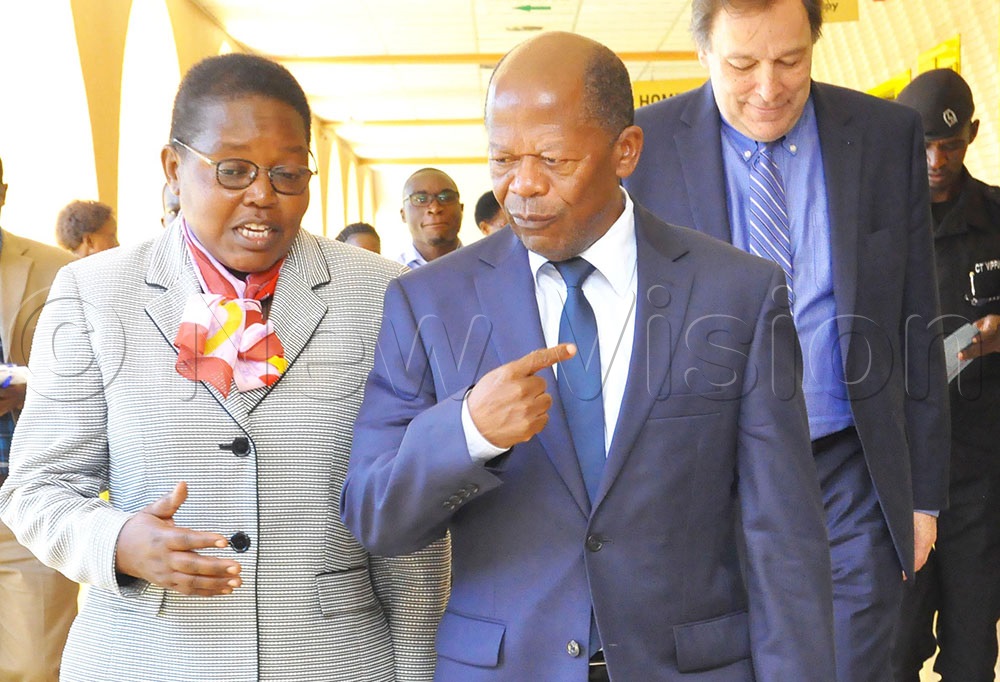
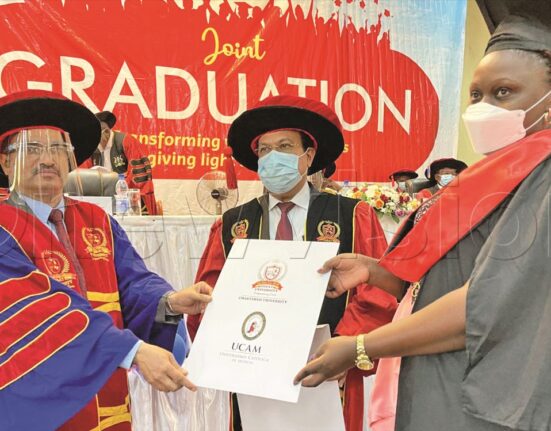
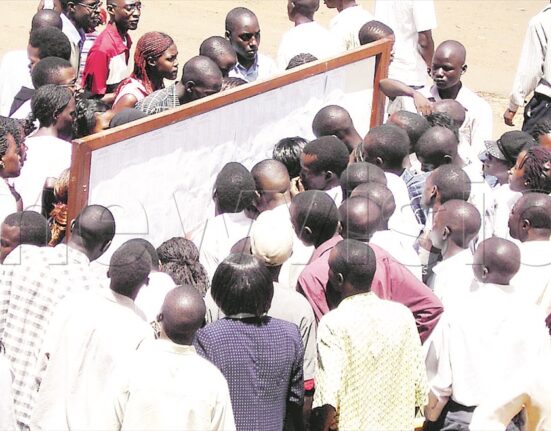
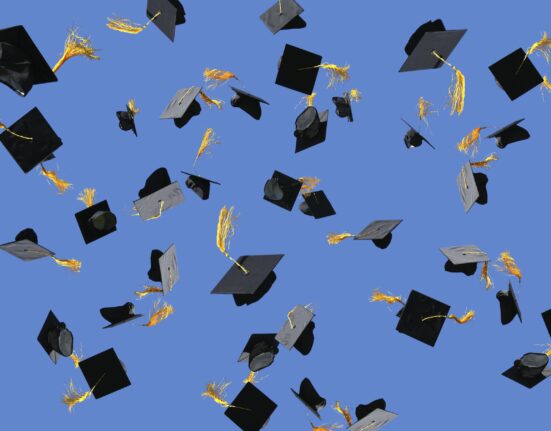
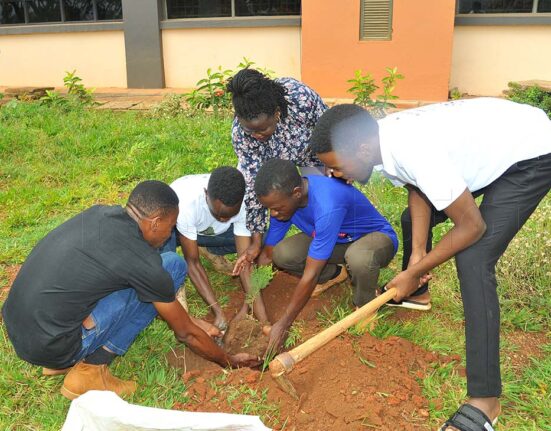
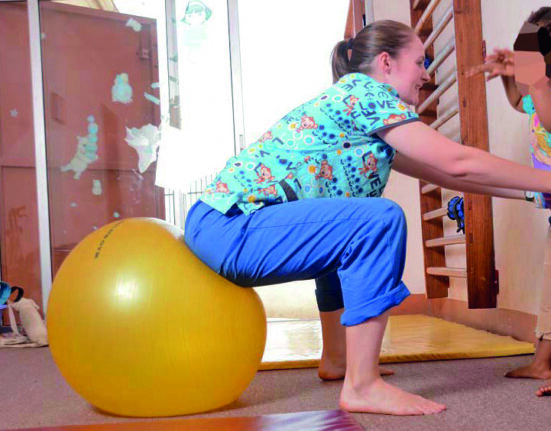
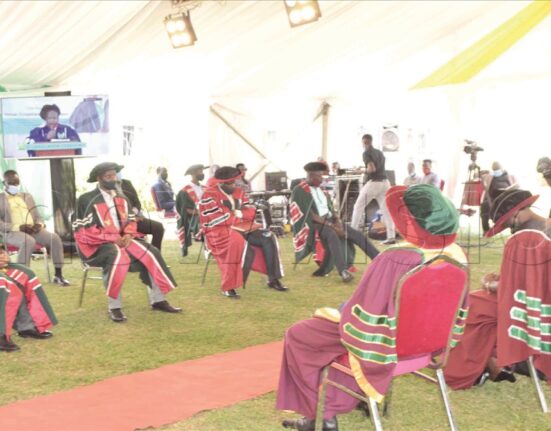
Leave feedback about this